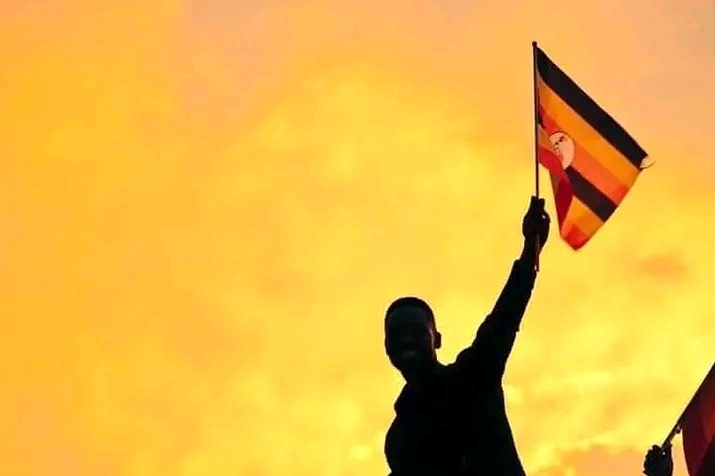By Ollus Ndomu
The International Criminal Court (ICC) made a landmark decision on Wednesday, greenlighting reparations totaling over 52 million euros ($56 million) for victims of atrocities committed by Dominic Ongwen, a convicted commander associated with the notorious Ugandan rebel faction, the Lord’s Resistance Army (LRA).
In a historic ruling in February 2021, the ICC found Dominic Ongwen guilty of 61 counts of war crimes and crimes against humanity, including murder, rape, and forced pregnancy.
The specified reparations order, approved by ICC judges, aims to provide restitution to nearly 50,000 victims, many of whom are former child soldiers and individuals born as a consequence of rapes and forced pregnancies during the LRA’s brutal insurgency.
The decision to award reparations underscores the ICC’s commitment to delivering justice and redress to victims of grave human rights violations. It represents a significant step towards addressing the immense suffering endured by those affected by Ongwen’s reign of terror and the broader impact of the LRA’s atrocities on communities in Uganda and neighboring regions.
In addition to individual reparations, the ICC also granted collective community reparations, recognizing the profound impact of the LRA’s crimes on affected communities. These collective reparations aim to support initiatives that promote healing, reconciliation, and socio-economic development in areas ravaged by conflict and violence.
The approval of reparations marks a crucial milestone in the ICC’s efforts to hold perpetrators of mass atrocities accountable and provide meaningful redress to victims.
However, challenges remain in ensuring the effective implementation and distribution of reparations, particularly in remote and conflict-affected areas where access to justice and support services may be limited.
As the ICC moves forward with the implementation of reparations, stakeholders must prioritize the needs and rights of victims, ensuring their meaningful participation in the process and the delivery of comprehensive support to address their long-term needs and facilitate their healing and recovery.


